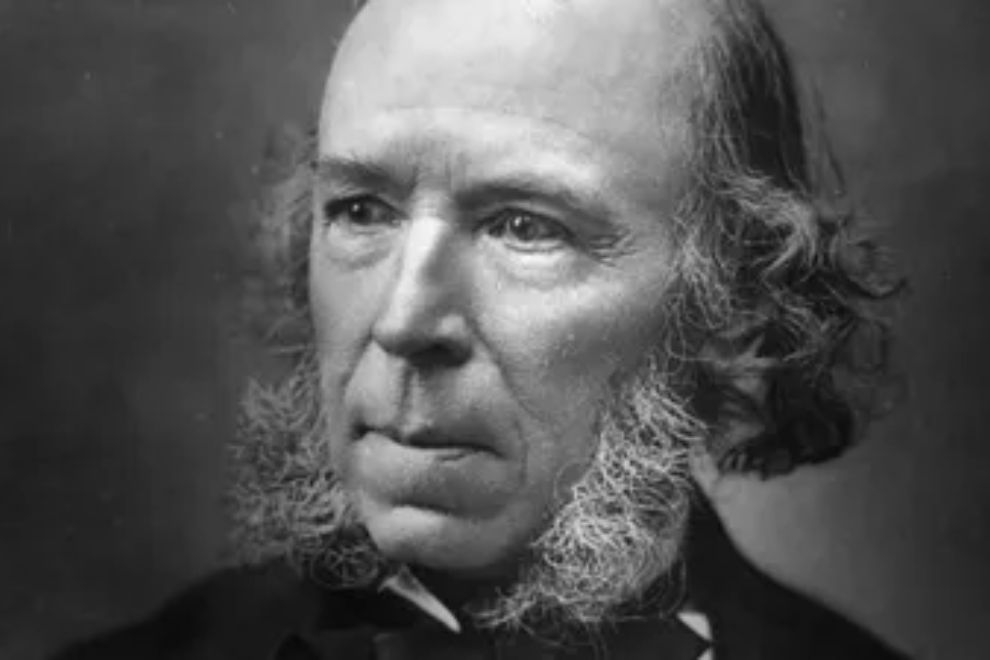
Herbert Spencer: Biography and 10 Best Quotes – Philosopher of Evolution and Society
Herbert Spencer Biography
Herbert Spencer, born on April 27, 1820, in Derby, England, was a renowned English philosopher, biologist, anthropologist, and sociologist. He is best known for applying evolutionary theory to philosophy and society, coining the phrase “survival of the fittest.”
Largely self-taught, Spencer worked as a civil engineer before dedicating himself to writing and scholarship. His writings contributed greatly to the development of sociology and influenced generations of thinkers. Spencer argued that societies evolve from simple forms to more complex structures, mirroring biological evolution.
Although often associated with social Darwinism, Spencer developed his theories independently of Charles Darwin. His works include Principles of Sociology, Principles of Ethics, and First Principles, which shaped debates in science, philosophy, and politics during the 19th century. Spencer died on December 8, 1903, leaving behind a lasting intellectual legacy.
10 Best Quotes by Herbert Spencer
- “The great aim of education is not knowledge but action.”
- “No one can be perfectly free till all are free; no one can be perfectly moral till all are moral.”
- “The preservation of health is a duty. Few seem conscious that there is such a thing as physical morality.”
- “Be bold, be bold, and everywhere be bold.”
- “Progress is not an accident but a necessity.”
- “Education has for its object the formation of character.”
- “Opinion is ultimately determined by the feelings, and not by the intellect.”
- “Life is the continuous adjustment of internal relations to external relations.”
- “The wise man must remember that while he is a descendant of the past, he is a parent of the future.”
- “How often misused words generate misleading thoughts.”
Final Thoughts
Herbert Spencer’s ideas about evolution, society, and human progress continue to shape philosophical and sociological discussions. His quotes remind us that true education, moral responsibility, and thoughtful action are vital for individual and social growth.
